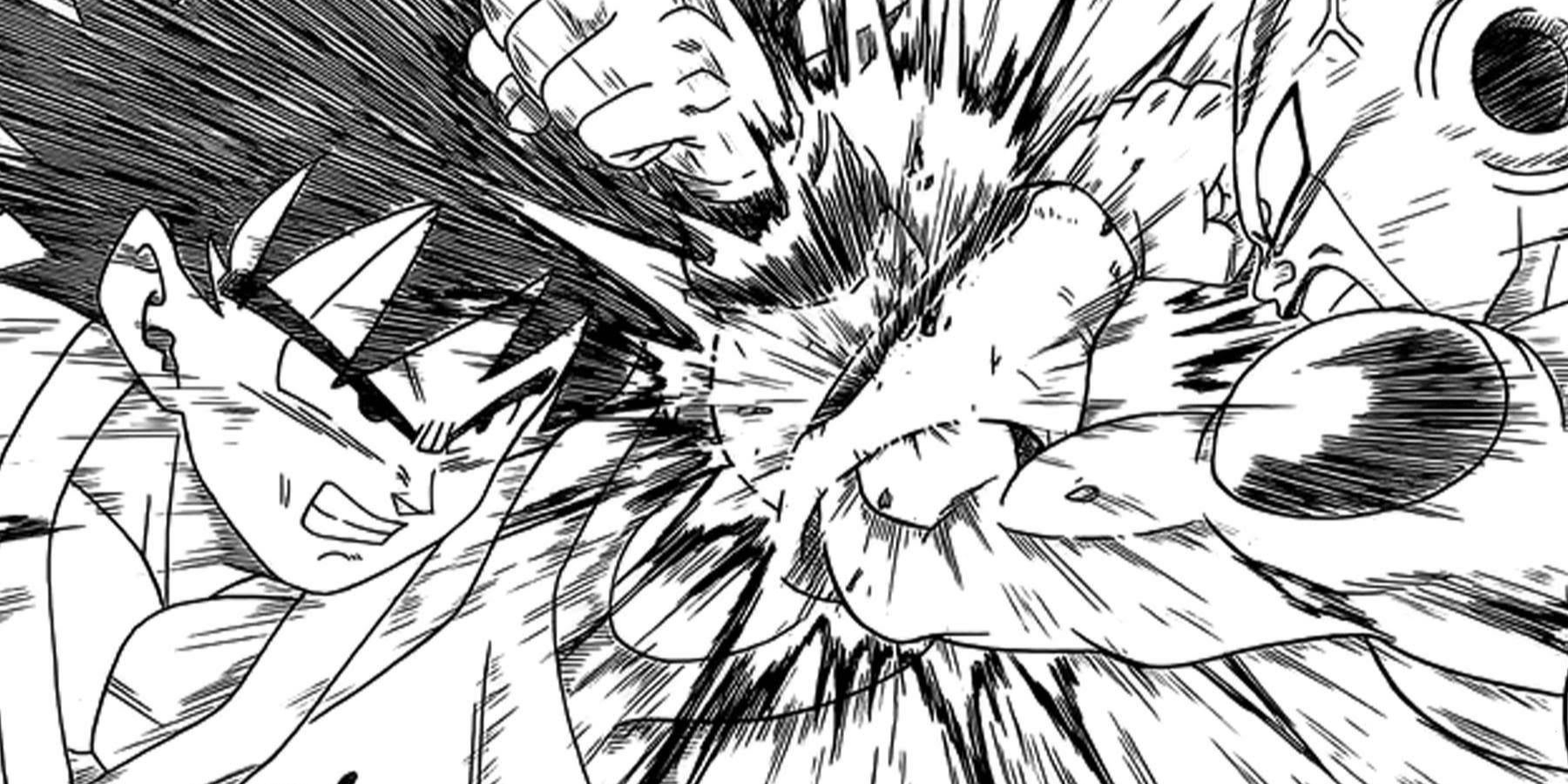
Manga are specific types of comics created in Japan, or made using a specific style originating from the country. Though manga fits under the same broad umbrella as other kinds of comics from around the world, it's so distinctly different that it's usually categorized separately.
Because of these differences, not every comic book fan reads manga and, similarly, not every manga reader is necessarily interested in other types of comics. But, when it comes to the former, maybe they should be, because the Japanese form of visual storytelling has a lot to offer those who don't tend to stray outside of the Western canon.
10 MANGA STORIES HAVE SET ENDINGS
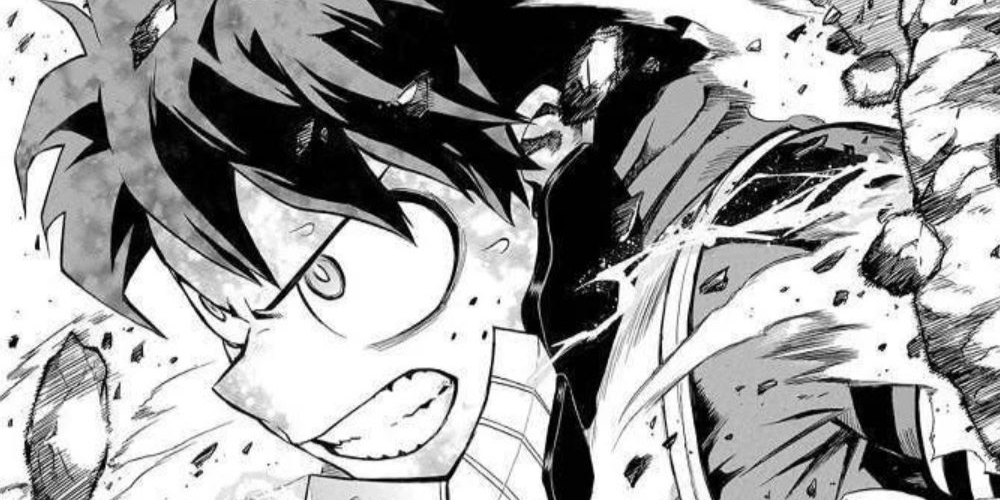
One of the hallmarks of superhero storytelling in Western comic books is their open-ended nature. Superman and Batman, the medium's oldest figures, have been fighting crime for little under a century, now, and show no signs of stopping.
Aside from some rare exceptions, shonen heroes -- manga's superhero equivalent -- star in singular, long-running stories that have a beginning, (long) middle and eventual end. A great antidote for those sick of multiple endings and endless reboots.
9 MANGA HEROES ALWAYS GET STRONGER

Sticking with superheroes, one of the biggest differences between them and their shonen counterparts is the way they grow in power -- or, in the case of superheroes, don't grow. Other than temporary upgrades, superheroes tend to plateau.
Shonen characters, however, continually develop and level up. This means that rather than always having to find power inhibitors to increase the stakes, manga creators keep pushing their heroes to achieve higher and higher. (It's why Goku will always beat Superman.)
8 MANGA IS EASIER TO FOLLOW
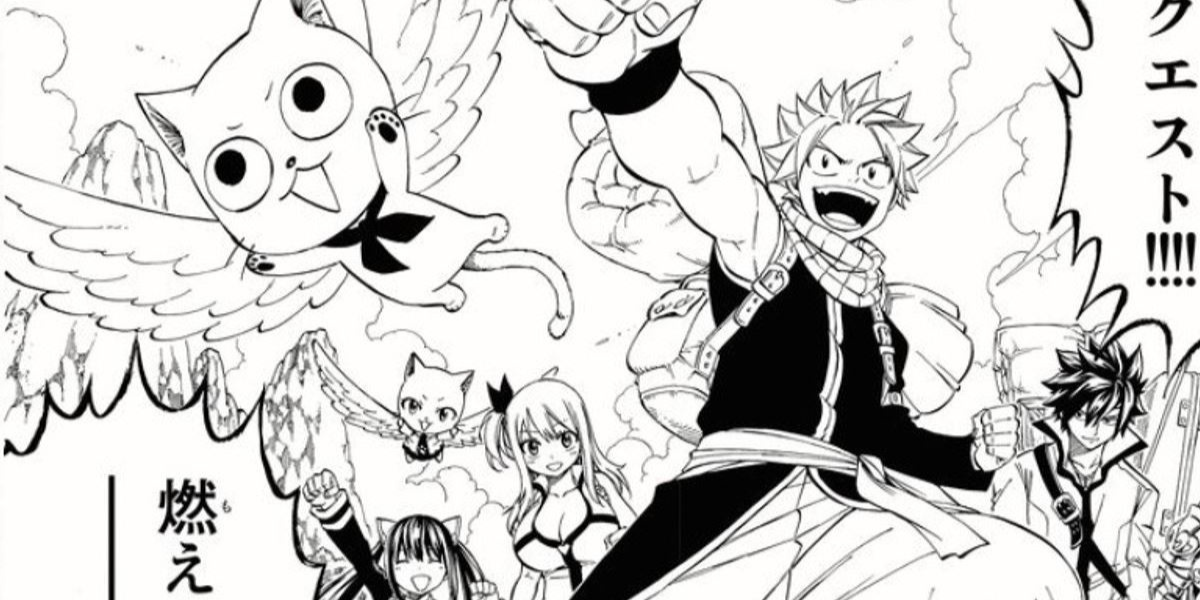
With decades worth of history behind so many characters, superhero comics can feel utterly impenetrable for new readers. And popular characters can also have multiple titles running concurrently to choose from. Not exactly easy on the wallet.
Some fans may prefer being spoiled for choice, but as manga stories are usually produced as single, chronological canons, you just have to start from the beginning, work your way through, and become equally as knowledgeable with older readers faster.
7 MANGA HAS MORE UNIQUE SUBGENRES
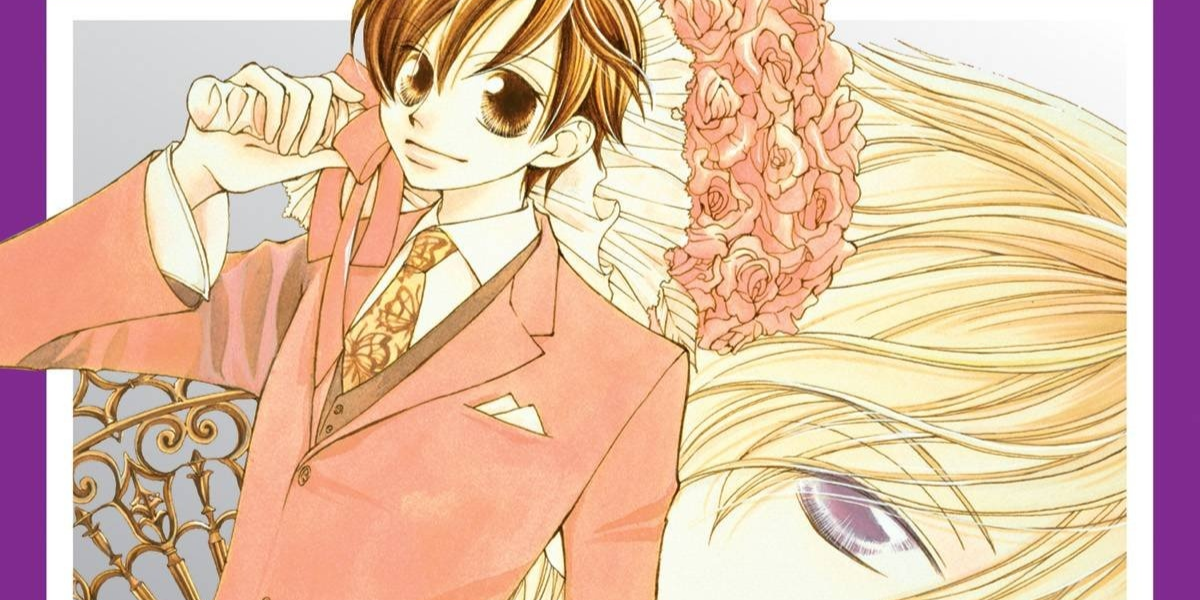
There's no limit to what you can write a comic book on -- just like any other medium. However, certain genres are more dominant than others: superhero, sci-fi, horror, etc.. These may seem niche enough, but manga is more targeted still.
Harem, ecchi, iseki, josei, seinen... Manga is populated by subgenres that speak to different story premises and age and gender demographics in a language comics haven't developed so rigidly. It makes finding something you'll be interested in that much easier.
6 MANGA IS MORE THAN JUST SUPERHEROES
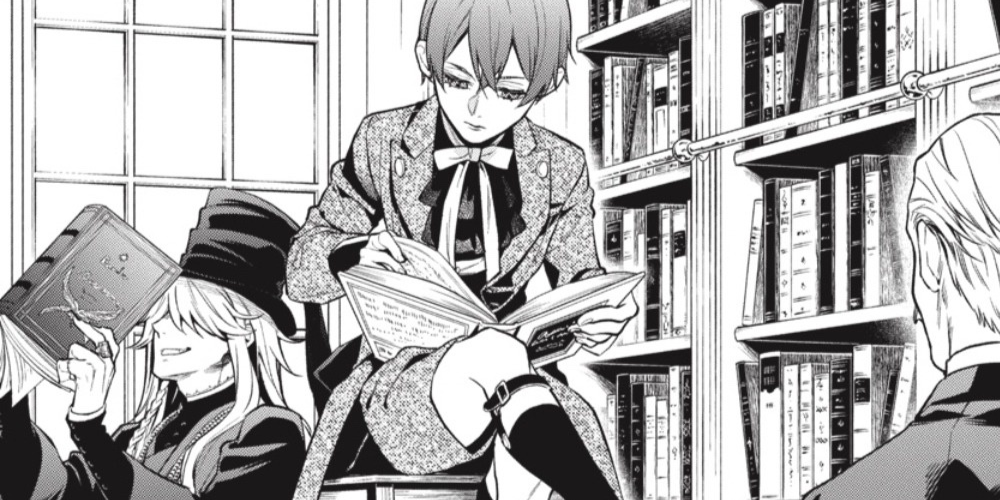
It's not that there's anything wrong with superheroes, but there's a lot more to comics than just men and women in capes. Should comic book fans need reminding of this -- look no further than the relatively superhero-free world of manga.
Characters like Goku, Naruto and Sailor Moon do look and feel like superheroes, but their worlds and story beats are so individualized that manga doesn't suffer from quite the same homogeny as superhero comics do. Plus, the medium is bursting with genre diversity.
5 MANGA HEROES ARE ALL ABOUT TEAM WORK
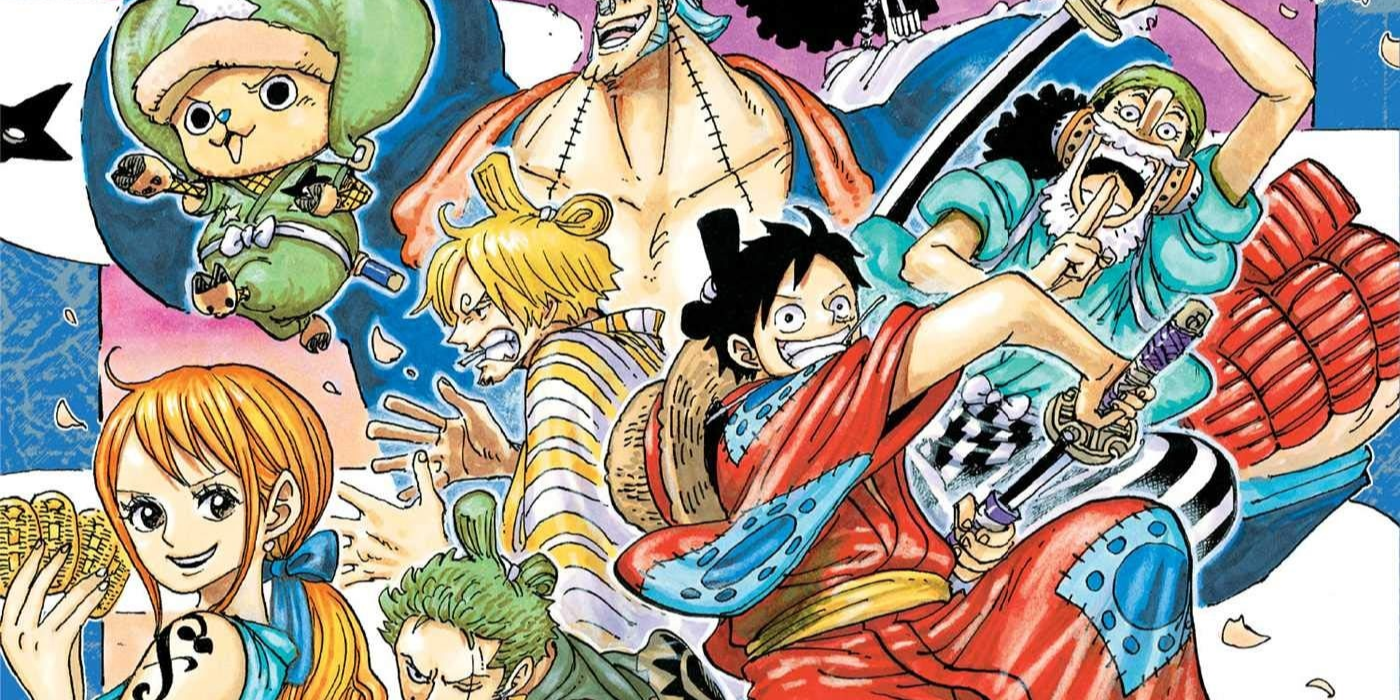
Fans love a team-up -- the Marvel Cinematic Universe was built on this very fact. But while superhero comics are full of alliances and rag tag groups, in-fighting and full-scale civil wars are frequent.
Similar heroic groups in manga aren't drama-free, but there's far more focus on collaboration than individualism. In fact, friendship is so highly valued, it's kind of a superpower in manga.
4 MANGA IS MORE EXPRESSIVE & DYNAMIC
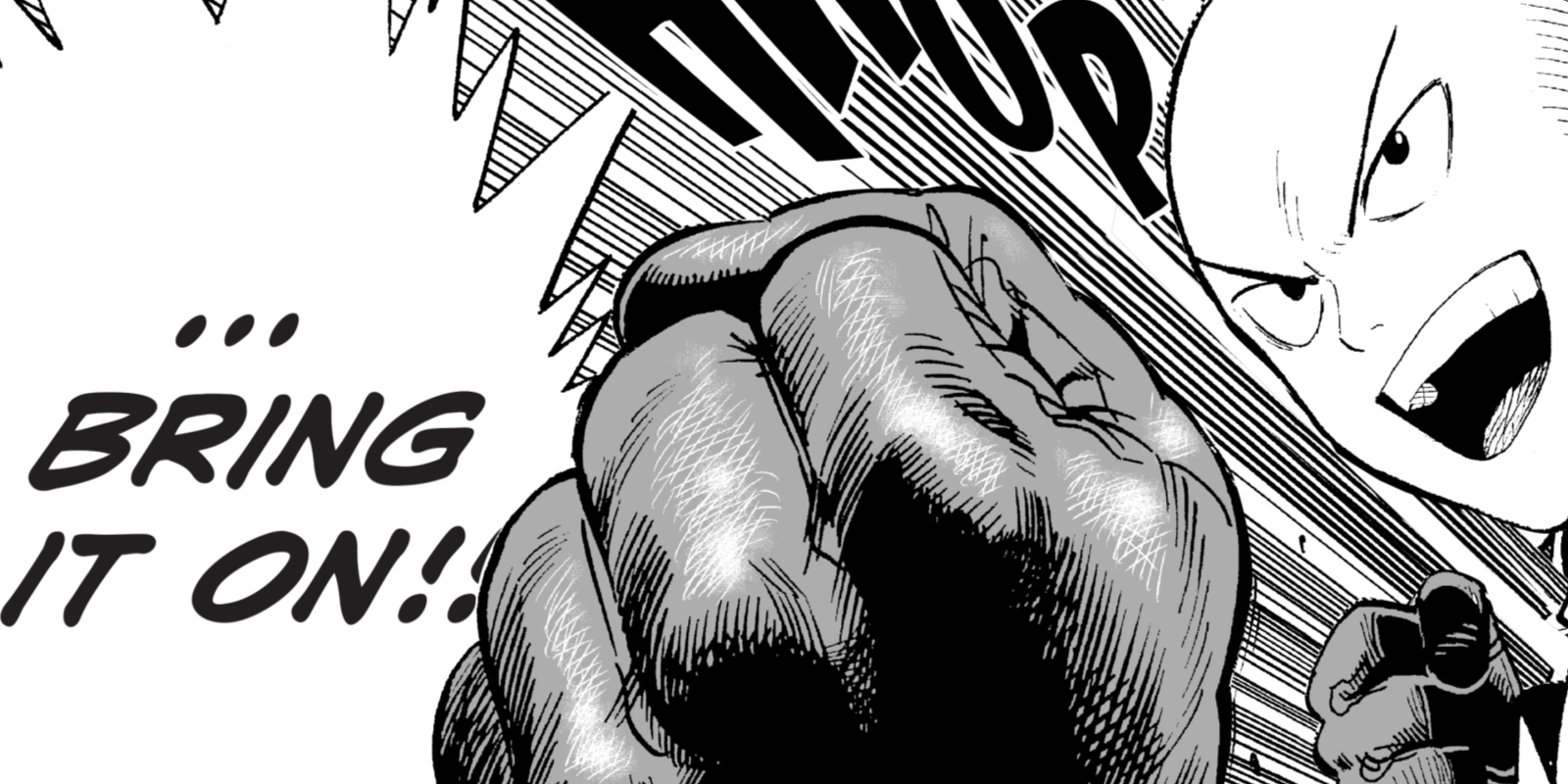
Something that may put comic book readers off of manga is the lack of color and, sometimes, detail, in the drawings. Comic books rarely aren't colored and, in superhero fare, tend to aspire to a high level of realism.
Manga often embraces a much looser structure, page-to-page, while opting for far more cartoonish-ness, particularly when it comes to facial expressions and movement, prizing dynamism over believability. (Though some manage both.)
3 MANGA TEACHES A DIFFERENT WAY OF READING
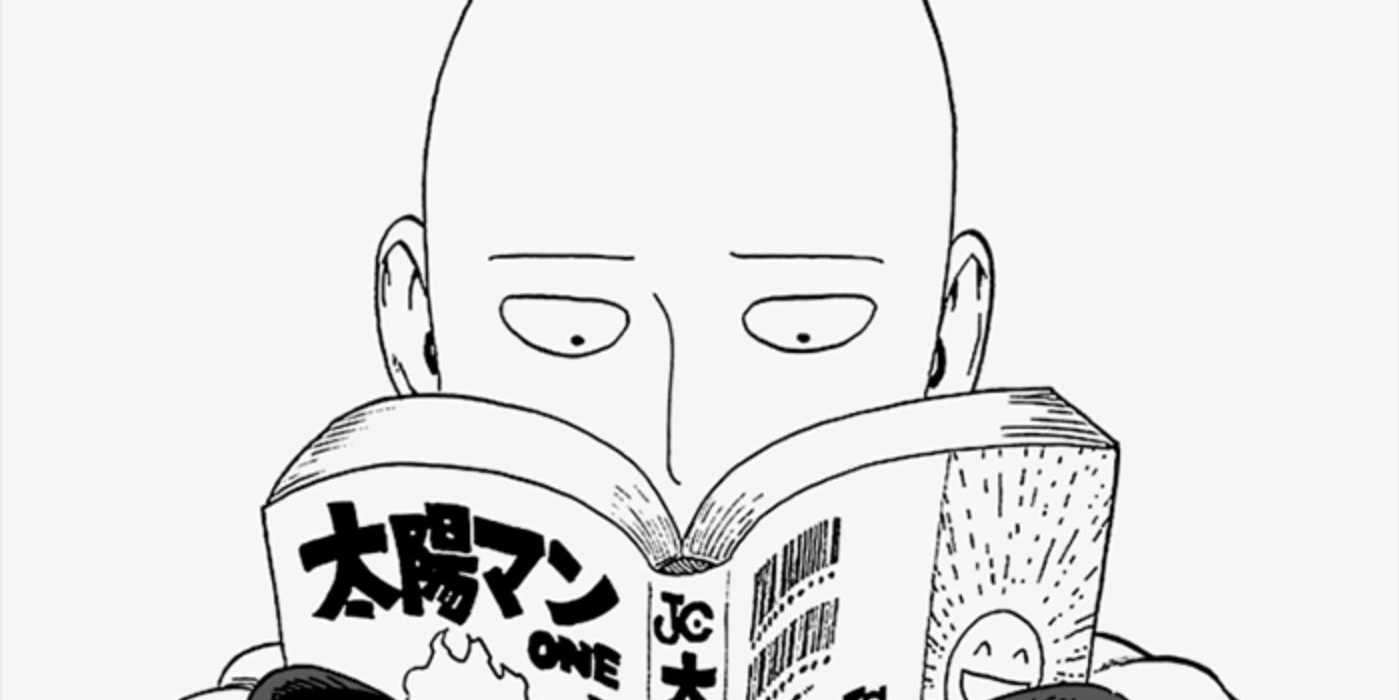
If you're not Japanese, one thing reading manga can quite literally teach you is how to read in a different way. Manga is read from right to left, as opposed to left to right, including word balloons and text boxes.
This might be a chore at first for newcomers to get their head around, but you'd be surprised how quickly you get used to it. And, it's an excellent work-out for your brain. Well, we think it is, anyway.
2 MANGA CATERS TO EVERYONE
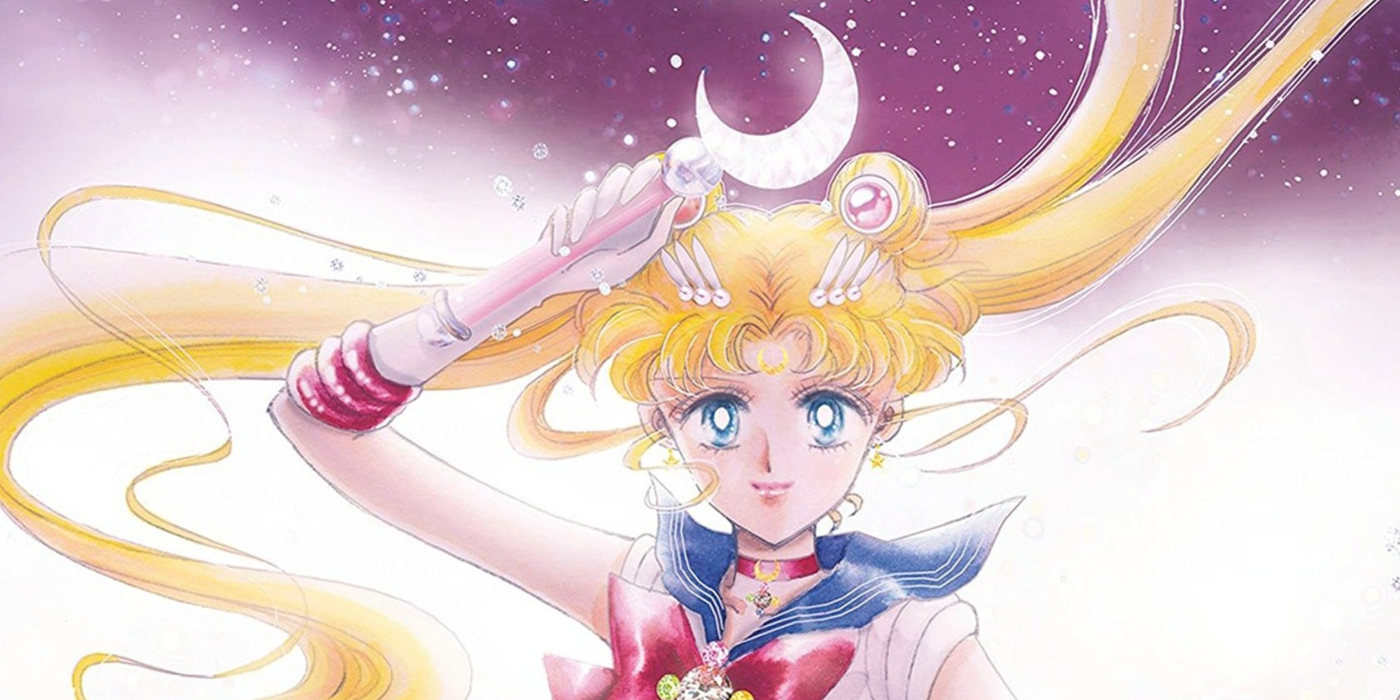
Comic books, despite their increased visibility nowadays, can still feel as though they're aimed at specific types of people. While not everybody in Japan reads manga, it's a far more widely accepted form of popular entertainment.
Shonen, targeted mainly at young men, might be the most well-known, but shojo, targeted at young women, is also hugely popular; while yaoi, yuri and bara encompass LGBTQ- specific stories, creating a much more balanced marketplace that nobody feels left out of.
1 MANGA TEACHES YOU ABOUT A DIFFERENT CULTURE
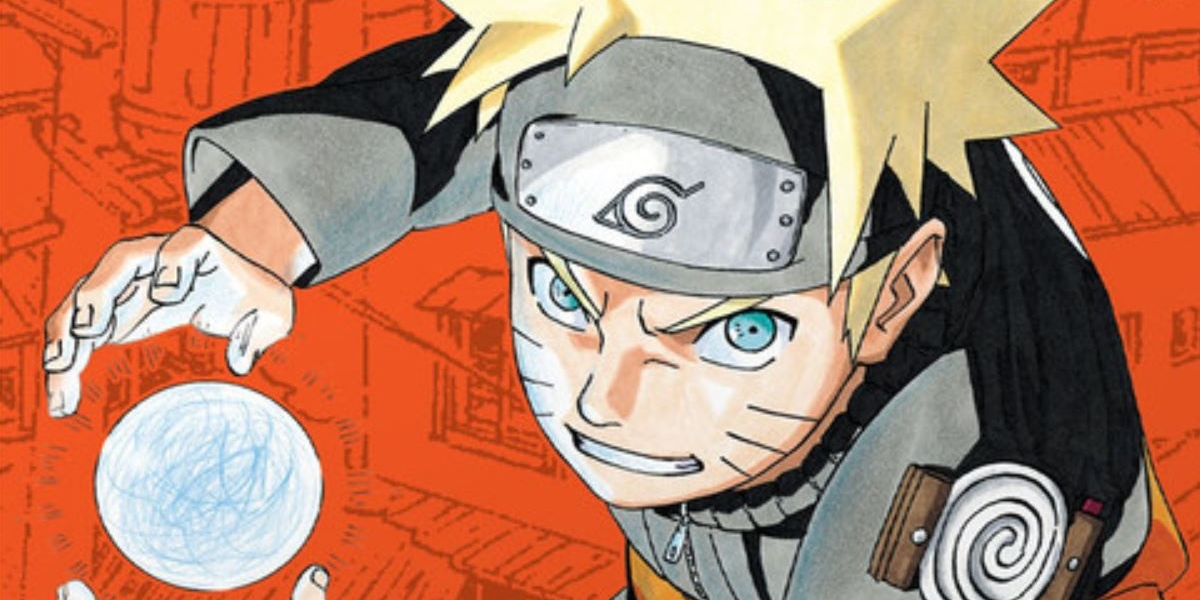
Because so much of manga is entrenched in Japanese history and culture, non-Japanese readers can use it as both escapist entertainment and, if you're paying attention, "edutainment" about Japan, too, in a way comic books as a whole, lacking this localized specificity, can't.
Supernatural manga can teach you about the country's special relationship to spirits; action-adventure manga can teach you about its various warrior archetypes; while certain gags and references will help you understand how its cultural norms differ from your own.
Add Comments